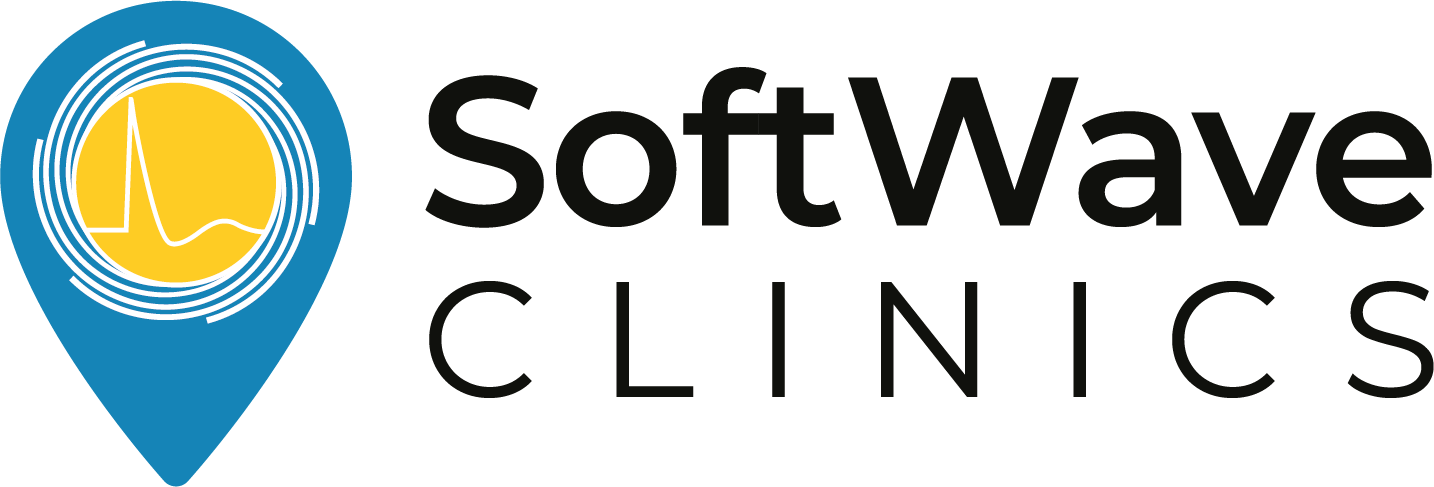Optimizing Shockwave Therapy for Musculoskeletal Medicine: Best Practices & Training
Authors: Adam S. Tenforde, MD, Haylee E. Borgstrom, MD, MS, Stephanie DeLuca, MD, Molly McCormack, BA, Mani Singh, MD, Jennifer Soo Hoo, MD, and Phillip H. Yun, MD
This study explores the clinical applications and best practices for ESWT, focusing on its use in outpatient musculoskeletal clinics. The research highlights the different forms of ESWT: focused shockwave therapy (F-SWT) and radial shockwave therapy (R-SWT), which generate pressure waves that target specific depths and structures within the body.
ESWT has been found to be beneficial in the treatment of conditions such as calcific tendinopathy, plantar fasciitis, and lateral epicondylosis. However, variations in treatment protocols, including energy flux density, number of impulses, type of ESWT device, and frequency of treatment sessions, have led to conflicting evidence in the literature. To address this, the study provides recommendations for the adoption and optimal use of ESWT in clinical practice.
The proposed mechanisms of action for ESWT involve increased collagen synthesis, enhanced cellular proliferation and wound healing, pain reduction, neovascularization, and modulation of inflammatory responses. The specific mechanisms differ depending on the type of condition being treated.
The study also emphasizes the importance of training and education in ESWT for healthcare professionals. It suggests a comprehensive curriculum that includes both didactic and clinical components to ensure proficiency in performing ESWT. The curriculum progresses from foundational understanding to advanced procedural skills, with milestones and competencies defined for each level of training.
The researchers provide clinical guidelines for the application of ESWT in different conditions, such as tendinopathies, bone injuries, joint pathologies, and spasticity. They also discuss the importance of counseling patients regarding potential risks and side effects, activity modification, and contraindications to ESWT.
Overall, this study highlights the benefits of shockwave therapy in musculoskeletal medicine and provides practical recommendations for its clinical application and training considerations, aiming to optimize patient outcomes and enhance the skills of healthcare providers.
